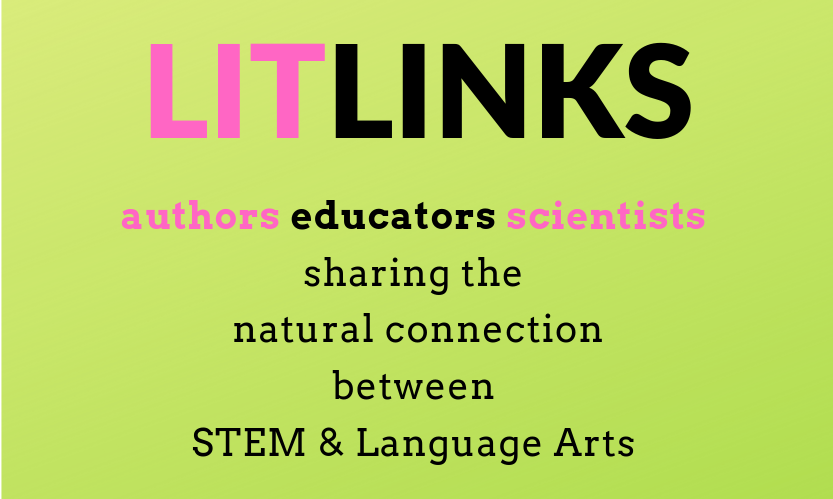
GUEST BLOGGER NANCY CASTALDO
A predator is a crucial component of any ecosystem. Predators creatures that feed on other creatures, such as spiders that feed on flies. The flies, in that relationship, are the predator’s prey.
In many places, predators and prey come and go, but it is not as easy for them to do so on an island that is surrounded by water. That’s the case for the wolves and moose of Isle Royale National Park, the subject of THE WOLVES AND MOOSE OF ISLE ROYALE: RESTORING AN ECOSYSTEM. The unique island habitat makes the relationship between the two even more important to the entire ecosystem. The populations of these species depend on each other and impact every other species on the island.
Discuss the relationship of predators and prey with your students and compile a list of examples.
Predator-prey poems
Have your students research a predator and its prey. Have them write a poem from the point of view of the predator and another poem from the point of view of the prey. Include how each benefits their ecosystem. Students can consider the physical features predators have that help them catch their prey and the physical features prey have that help them avoid predators. Share the poems at a poetry reading.
Changing the point of view
Write a list of all the stories that include a big, bad wolf. Try retelling one from the perspective of the wolf. Have a story celebration to share the retellings.
Art that persuades
Find some facts out about wolves that don’t fit the myth of the big, bad wolf. Have students create campaign poster to promote the importance of wolves.
For further exploration
- Take a look at the Wolf Conservation Center’s website activities for kids.
- Explore Kids For Wolves Facebook page.
- Do you have a student who speaks for wolves? Email info@nywolf.org to share your student’s story.
Featured image credit: “‘I also want this branch!’” by Tambako the Jaguar is licensed under CC BY-ND 2.0.
Nancy Castaldo , a founding STEM Tuesday team member, has written books about our planet for over 20 years including, THE STORY OF SEEDS, which earned the Green Earth Book Award, Junior Library Guild Selection, and other honors. Nancy’s research has taken her all over the world from the Galapagos to Russia. She strives to inform, inspire, and empower her readers. Nancy also served as Regional Advisor Emeritus of the Eastern NY SCBWI region. Her 2022 titles are When the World Runs Dry (Jr Library Guild Selection), The Wolves and Moose of Isle Royale (Scientists in the Field) and Buildings That Breathe. Visit her at http://www.nancycastaldo.com or follow at @NCastaldoAuthor.


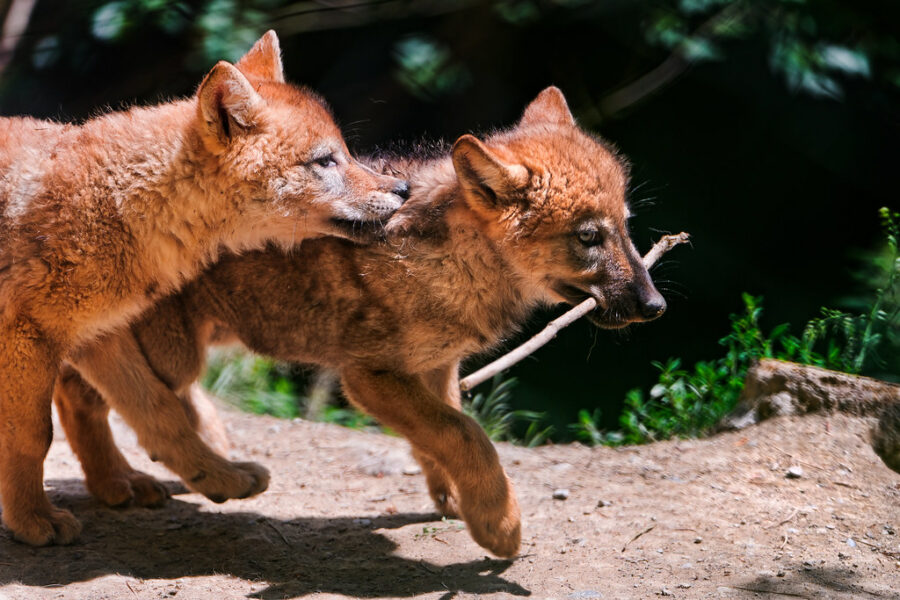
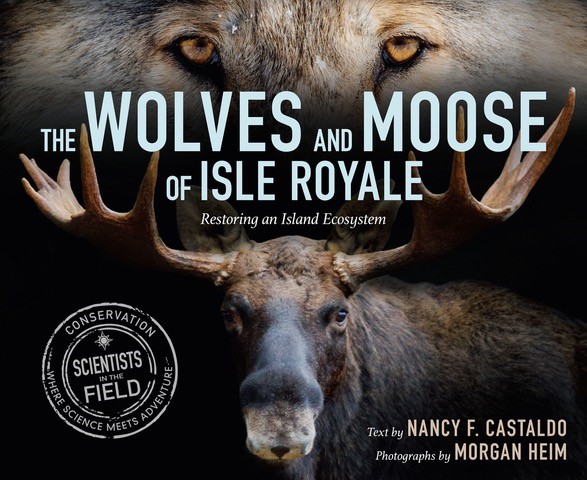
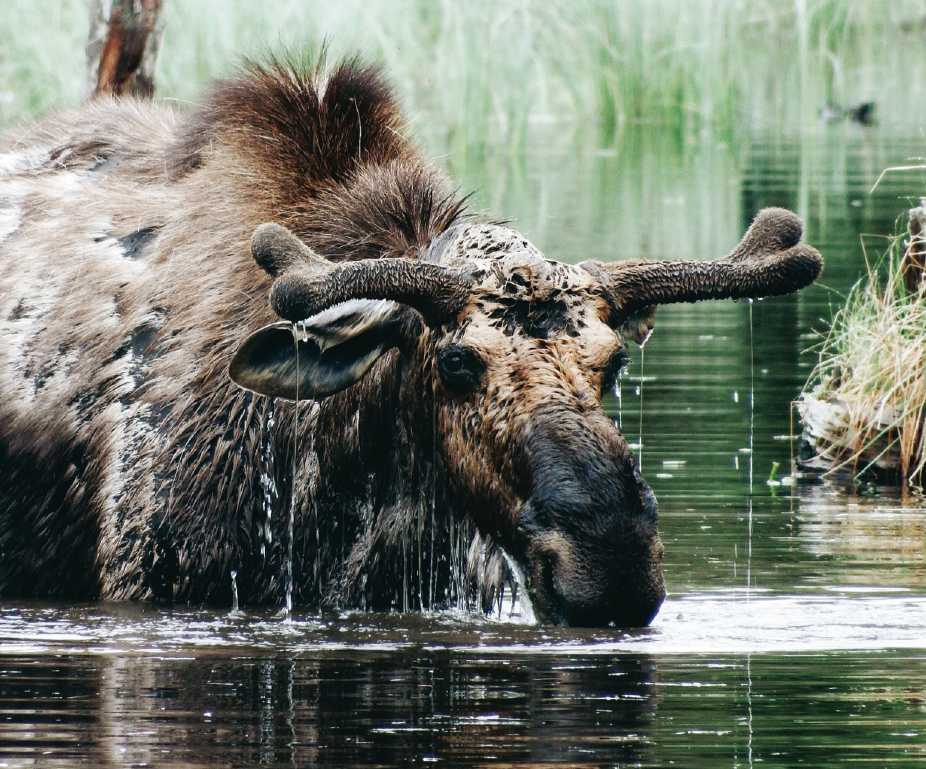
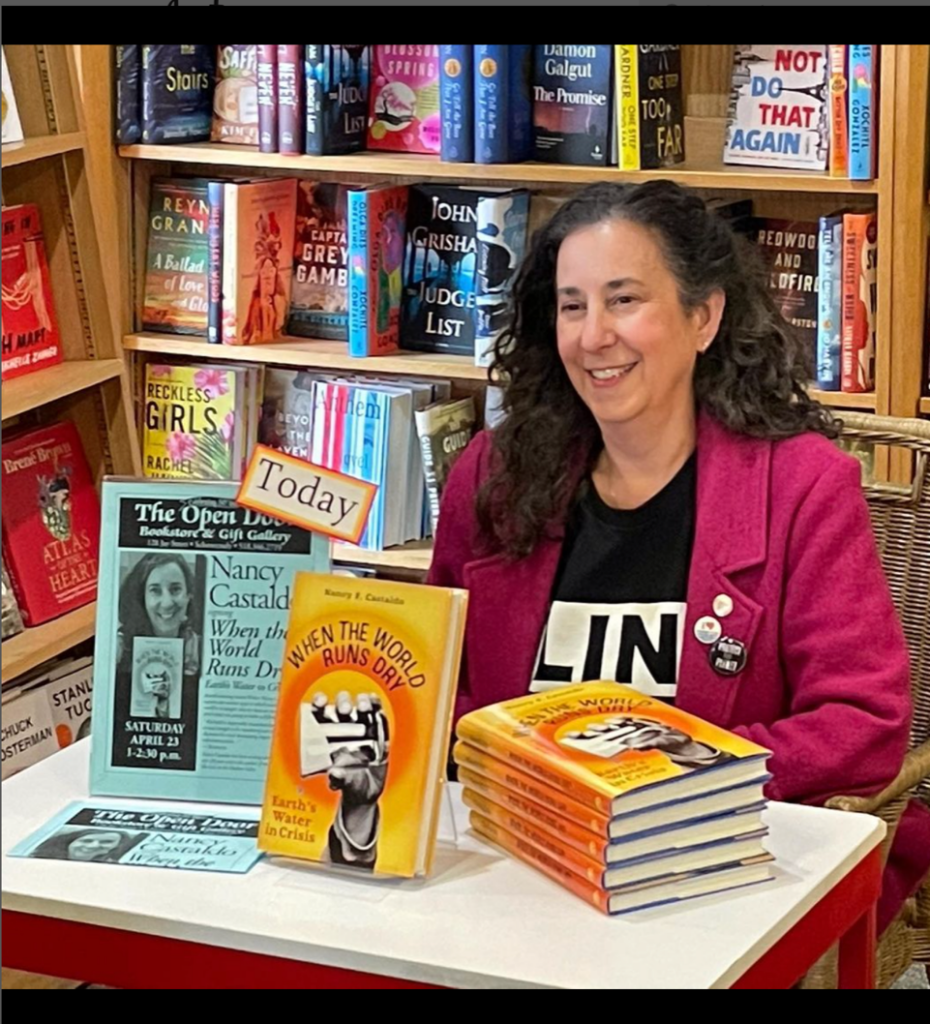
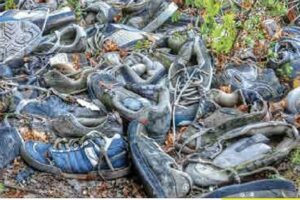
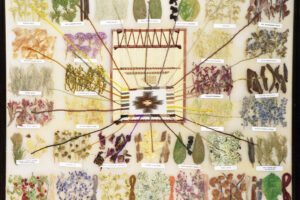
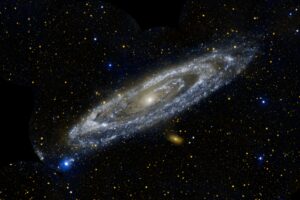
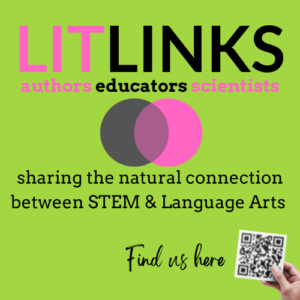
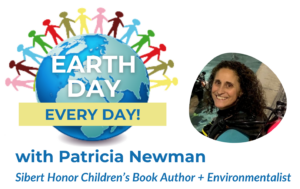
Leave a Reply
Your email is safe with me.